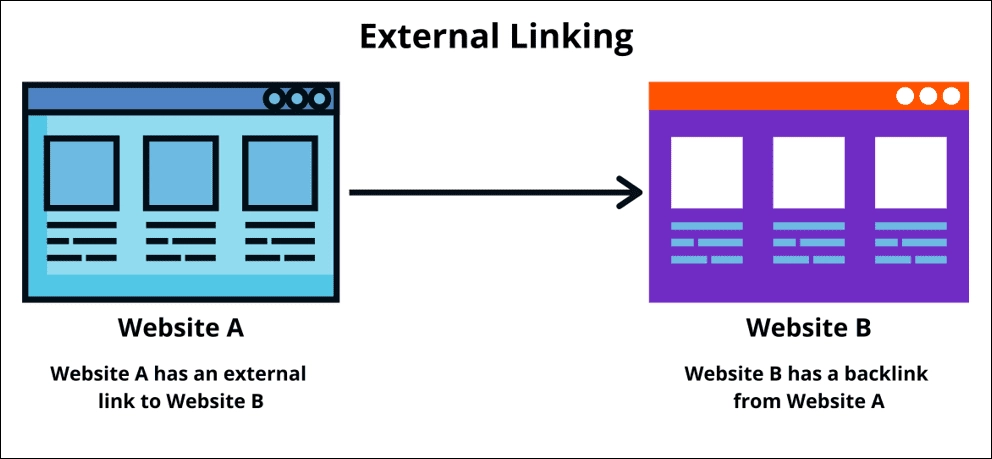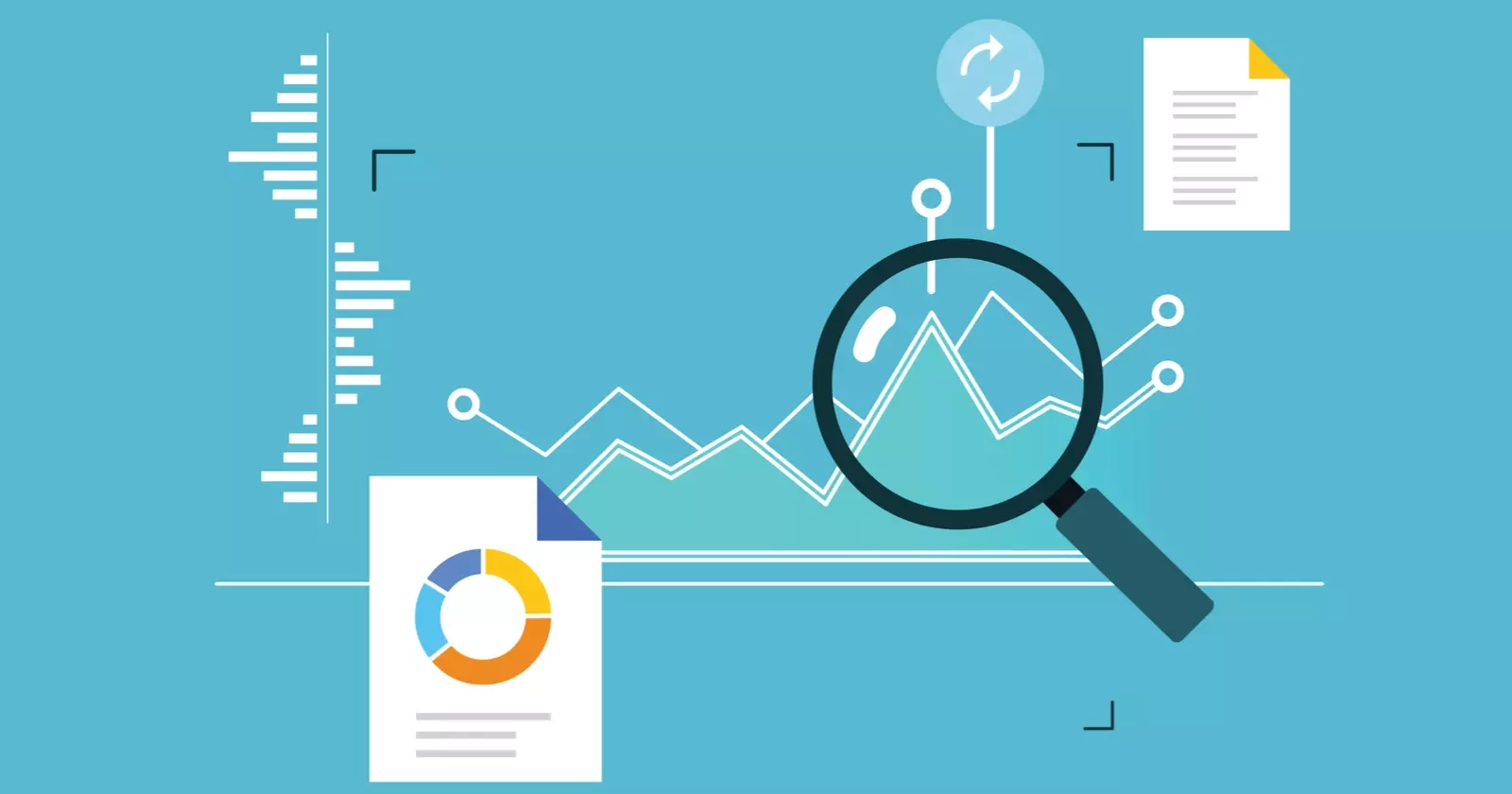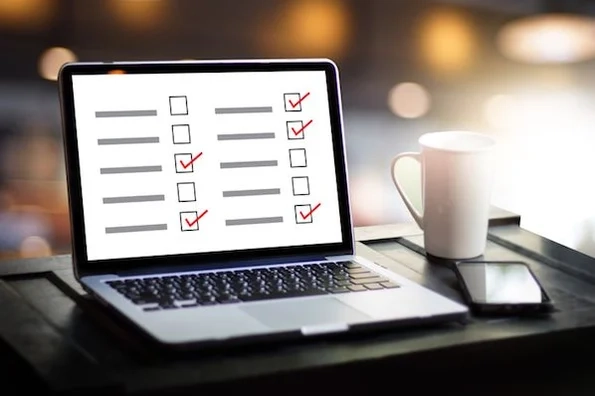What Is an External Link?

An outbound link, sometimes called an external link, is a link that will take your visitors from your website to another website. It can be a link distributed anywhere on your site in your content, in your navigation menu, or even at the bottom.
Why Are External Links Important?
External links are a very good way to achieve the maximum visibility and credibility of your website. Links pointing from your site to other appropriate websites with relevant content can really affect rankings in search engines and your online presence.
Improved Search Engine Ranking
Another benefit of links from other web pages is that they help you achieve a better ranking in search results. Moreover, search engines like Google regard those links as votes where they feel that the content you have on your website is of more value and relevance. A link from other reputable websites helps to give a vote of confidence to the search engines, which, in turn, can promote your search rankings.
Enhanced Website Authority
External links can also turn your website into a reputable authority in your area of specialization. Whenever other website authors point to and link to information on your website, they are essentially giving approval that your information can be trusted. This will reflect positively in search results, thereby increasing traffic and qualified leads to your site.
Increased Traffic
Whenever people link to your website, they send traffic directly to your pages. This expands the reach of your audience and gives you fresh content served to new visitors who would otherwise not find your site. More traffic can go further to achieve increased leads and conversions, which eventually transform into business growth.
Improved User Experience
Well-placed external links can enrich the user experience by providing additional resources and information related to your content. This could link to articles, studies, or websites that are relevant to this content. You could offer additional information and context in order to make your content more insightful and interesting. Using external links can certainly enhance user satisfaction and make users stay on your site for a longer time.
External Links SEO Best Practices

In order to make the most of external links for SEO, you have to follow the best practices detailed below:
Quality Over Quantity
Getting many links outside your website might be appealing, but the quality of such links matters even more. Ensure that you get these links from related, reputable websites within your niche. Such quality links are valued more by search engines, which translates to highly influential website authority.
Relevance
Ensure that any link you are building off-site is contextual to the content on your website. That is, linking to websites that do not have a topical relevance to your own will dilute the authority of your site and could negatively impact search rankings. The more contextual those links are, the more value they will add to the overall SEO of your website.
Nofollow Attributes
All external links that you do not wish to pass link equity should include the “nofollow” attribute. It is pretty handy when it comes to sponsored content, comments, or links that you really don’t think are a valuable recommendation. With this, you can prevent search engines from giving credit for the said links.
Link Placement
Add external links organically into your content wherever the link is relevant and sensible to include. Avoid adding excessive links, as this practice can be viewed as spammy and can contribute to a poorly designed user experience for your website. Ultimately, you should always try to place relevant information and resources before your readers, not barrage them with links.
Reciprocal Linking
Reciprocal linking is quite a good practice, whereby you link to a site, and that site also links back to you. However, that does not necessarily signify a guaranteed ranking. Your efforts should be invested in creating high-quality, one-way links from legitimate sources since these are more worthwhile for search engines and can help boost your site’s authority.
Link-Building Tactics
Use other link-building techniques to obtain quality external links. This might comprise guest posting on others’ websites and creating valuable content that attracts natural backlinking activity. This also helps find broken links on websites and fix them by reaching out to the relevant websites in your niche to ask for a link.
Track and Refresh
Monitor your external link profile regularly to identify low-quality or broken links and remove them to keep your website in good reputation and out of the negative impact the broken links may have on your SEO. Keep your effort towards link-building consistent so that your website constantly builds new and relevant links.
Audit Your Website’s External Links
Auditing the external links on your website is one of the other steps necessary for a healthy SEO profile. A periodic monitoring of your outbound links helps you focus on the areas that need correction in order to keep your website on a healthy ranking and reputation curve.

Steps to Audit Your External Links
- Gather your website’s fully exhaustive list of external links. You can use tools like Google Search Console or SEO auditing to help you.
- Use a broken link checker tool to double-check whether each and every one of your links is working properly or not. Identify broken links or links that have been redirected.
- Ensure the external links you are using are of high quality. Review them based on the authority, the relevance of the topic, and the overall reputation.
- Check whether the external links used are passing link equity to your website. Look for signs such as a quality backlink to the linking website.
- Lousy and spammy links are supposed to be disavowed using Google Search Console, which informs Google that you don’t want sites with these types of links influencing your rankings.
- Update broken links to working ones and remove links that no longer serve any useful or helpful purpose on your website.
Auditing Tools for External Links
- Google Search Console: This tool can be completely free and will help you find out more about your website’s performance and give you insights into how many external links exist for your website.
- SEO Auditing Software: Tools like Ahrefs, SEMrush, and Moz can offer full SEO audits along with an analysis of external link activity.
- Broken Link Checkers: There are many online tools available today that can help you find broken links on your website.
The Bottomline
External links in the digital expanse constitute a necessary way of connecting a website to the web beyond. When applied strategically, an outbound link can add significant value to the search engine visibility, credibility, and authority of the website. By considering the quality and relevance and placing links thoughtfully, you will be able to use external links to effectively drive traffic, improve user experience, and meet business objectives. Remember, if well-written, an external linking strategy can be your most valuable asset in the arsenal of SEO techniques for your website to stand out and prosper in this challenging world of online competition.







